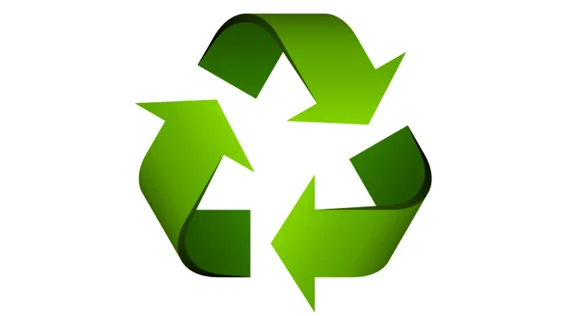
SEATTLE (Waste Advantage): Making new roads from old asphalt saves natural resources. Pinpointing the locations of these reusable materials maximizes the conservation of dwindling aggregate reserves.
Nations need good connections to thrive. The Netherlands is among the best connected in the world with a mesh of transport links that few can rival. It has 138,600 km of roads, 3,200 km of railways and 6,200 km of waterways that serve not only the needs of the Dutch but also of every country on the continent that receives or exports goods through Rotterdam, Europe’s busiest port.
Maintaining, improving and extending these vital surface transportation networks demands careful use of natural resources. These vital resources are limited in the Netherlands because it is relatively small at just 42,000 square kilometers. Its only source of aggregate for road building is river gravel and the Dutch government first took steps to protect this dwindling reserve in the 1970s. Since then, the natural resource conservation initiative has developed into the wholesale practice of recycling the asphalt from old roads to provide materials for new ones.
“Today, between 50 and 70 percent of the base course for a new piece of road comes from recycled asphalt. That’s a very big savings,” says Armon Jongenelen of Dura Vermeer, a Dutch construction infrastructure and engineering company. “Even for the surface layers of a new road, up to 30 percent of the material originates from the surface layer of an old highway.”
Courtesy: https://wasteadvantage.com
| Copper Scrap View All | |
| Alternator | 0.32 (0) |
| #1 Copper Bare Bright | 3.75 (-0.01) |
| Aluminum Scrap View All | |
| 356 Aluminum Wheels (Clean) | 0.73 (0) |
| 6061 Extrusions | 0.64 (0) |
| Steel Scrap View All | |
| #1 Bundle | 460.00 (0) |
| #1 Busheling | 480.00 (0) |
| Electronics Scrap View All | |